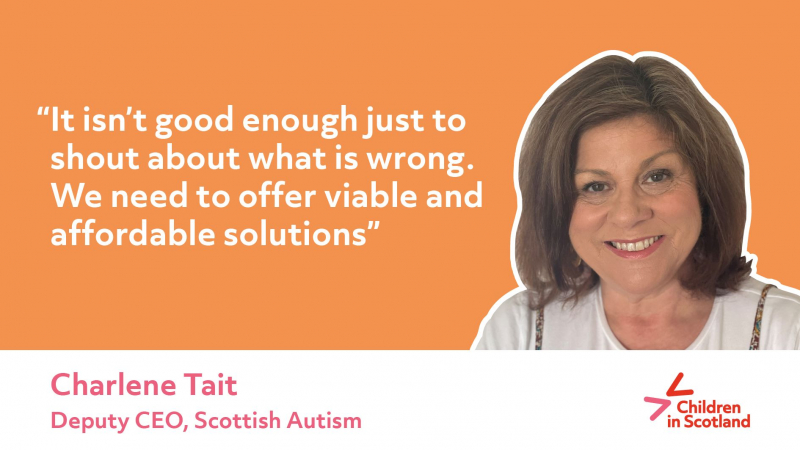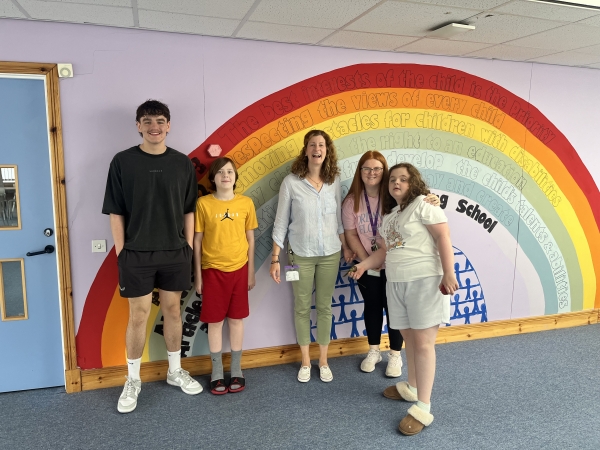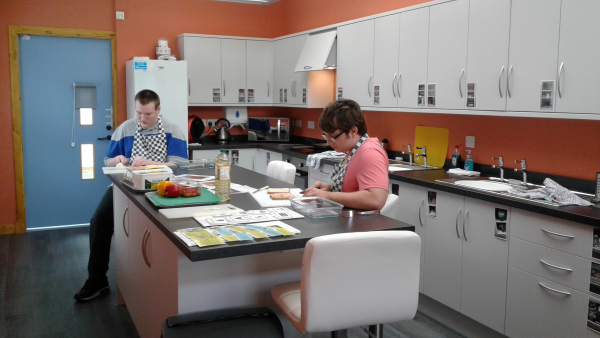The scale of the challenge can feel overwhelming, so we need to celebrate the successes
In September 2018, the Not Included, Not Engaged, Not Involved (NINENI) report was published, highlighting the experiences of children with autism missing school and launching a campaign calling for action to address the barriers to them accessing a fulfilling education and in particular to stop the use of unlawful exclusions.
Five years on, Charlene Tait, Deputy Chief Executive of Scottish Autism, which was involved in the original research, explores what has changed since the report was launched, and looks at the work that is still needed.
Policy and legislation can be wonderfully well intentioned. As campaigners it is often our role to challenge the rhetoric of policy by exposing the reality. That can be a painful and at times soul destroying process. Why? Because it requires us to ask people to share their lived experience, to re visit traumatic events and to confront the inequalities they have faced.
Yet, people do, and in the case of the Not Included, Not Engaged, Not Involved campaign, hundreds of people enabled us to tell the story of what is all too often, a hidden shame: that as a country we cannot and do not get it right for every child.
It is difficult, maybe even impossible to discuss education without being accused of teacher baiting or, even, bashing. It is however important to be clear that these issues are not about a single profession or about any individual, it is about numerous systemic barriers that impact on all who are trying to operate within that system. It is that level of change that, as campaigners, we must continually advocate for. It isn’t good enough just to shout about what is wrong, we need to offer viable and affordable solutions.
Often those solutions are underpinned by the “invest to save” philosophy. However, at times it does feel that there is a stoic resistance to proactivity. Of course, national, and local government are facing unprecedented financial challenge and the scale of the problems we face cannot be understated. However, the human cost is immeasurable. That is, and always will, be the most important cost of all.
So, we must be relentless in our focus whilst doing what we can to support children, young people, and their families to navigate what are often traumatic events, something all the organisations involved in this campaign do with compassion and creativity.
The scale of the challenge can feel overwhelming. We need to celebrate the successes. The campaign has managed to influence the curriculum for initial teacher education. That is no mean feat but is only one of several recommendations that were made. We therefore continue to chip away, to regroup, rethink, refocus because we have no alternative. We owe it every person who told us their story, who trusted us with their trauma and who are too depleted to take on the challenge by themselves.
As Children in Scotland celebrate thirty years of outstanding work, the need for campaigning, advocacy and support is very likely to increase. That’s the thing with campaigning, you are never done.
As we celebrate all that has been achieved, I know that someone, somewhere has a huge “to do” list that will be tackled with vigour and determination, all for Scotland’s children.
Charlene Tait, Deputy CEO




